The New Arab's live coverage of the latest from the Russian invasion of Ukraine concludes for today.
Here were the key developments from Tuesday:
'Act immediately'
Ukrainian President Volodymyr Zelensky challenges the United Nations to "act immediately" or "dissolve yourself altogether" during an address in which he shows harrowing footage of dead bodies - including children - he says were victims of Russian atrocities.
Likening Russia's actions in Bucha and other Ukrainian cities to violence carried out by "terrorists" such as the Islamic State group, Zelensky calls on the Security Council to expel Russia "so it cannot block decisions about its own aggression, its own war."
Moscow denies atrocities
Russian Foreign Minister Sergei Lavrov says the discovery of bodies in Bucha was a "provocation" aimed at scuppering talks between Moscow and Kyiv.
"A question arises: What purpose does this blatantly untruthful provocation serve? We are led to believe it is to find a pretext to torpedo the ongoing negotiations," Lavrov says in a video message broadcast on Russian television.
600,000 evacuated to Russia
Russia's UN ambassador Vassily Nebenzia says over 600,000 people have been evacuated into Russia during the conflict in Ukraine, denying Kyiv's claim of mass deportations.
"And we're not talking about any kind of coercion or abduction, as our Western partners like to present this, but rather the voluntary decision by these people..." he tells the Security Council.
Donbas onslaught awaited
NATO chief Jens Stoltenberg says that, after withdrawing most of its troops from northern Ukraine, Moscow aims to capture the "entire" Donbas region in the east, with the aim of creating a land corridor from Russia to annexed Crimea.
Cluster munitions
UN undersecretary-general for political and peacebuilding affairs, Rosemary DiCarlo, tells the Security Council of "credible" claims Russia has used indiscriminate cluster munitions two dozen times in populated parts of Ukraine.
War chest frozen
Britain has frozen some $350 billion (321 billion euros) in assets from the "war chest" of Russian President Vladimir Putin, British Foreign Secretary Liz Truss says during a visit to Warsaw.
She says this action meant that "over 60 percent of the regime's $604 billion foreign currency reserves" were now "unavailable" to the Russian government.
Join us tomorrow for the latest updates from Russia’s invasion of Ukraine.
Make sure to follow our Twitter, Facebook and Instagram to stay up to date with the latest news and analysis.
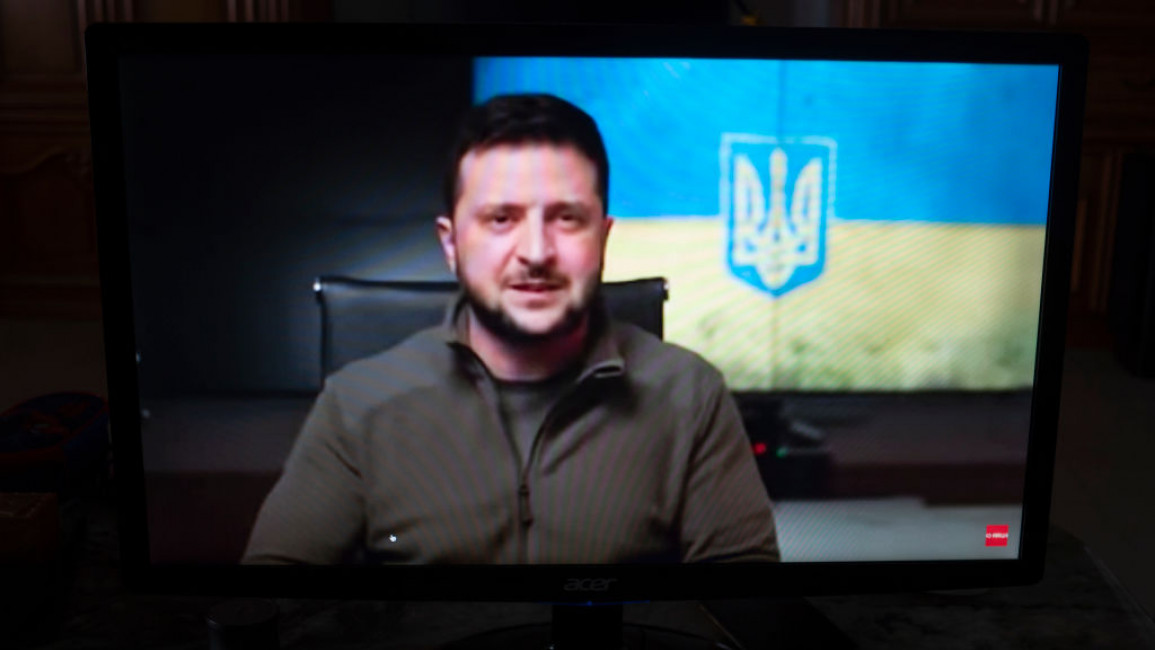

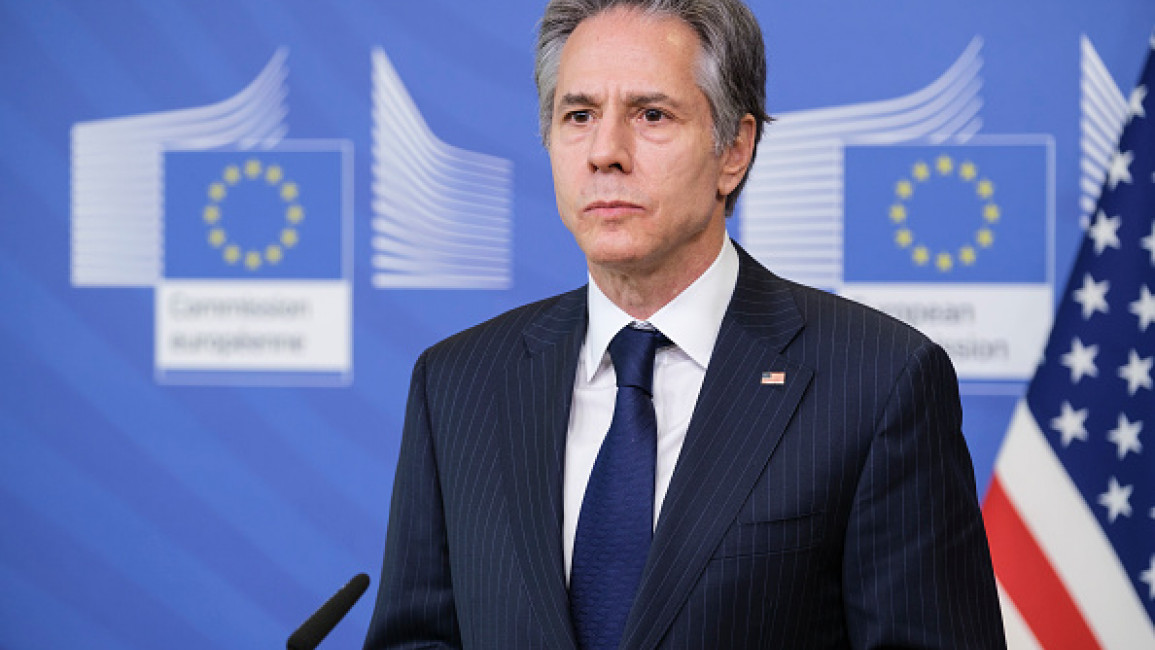
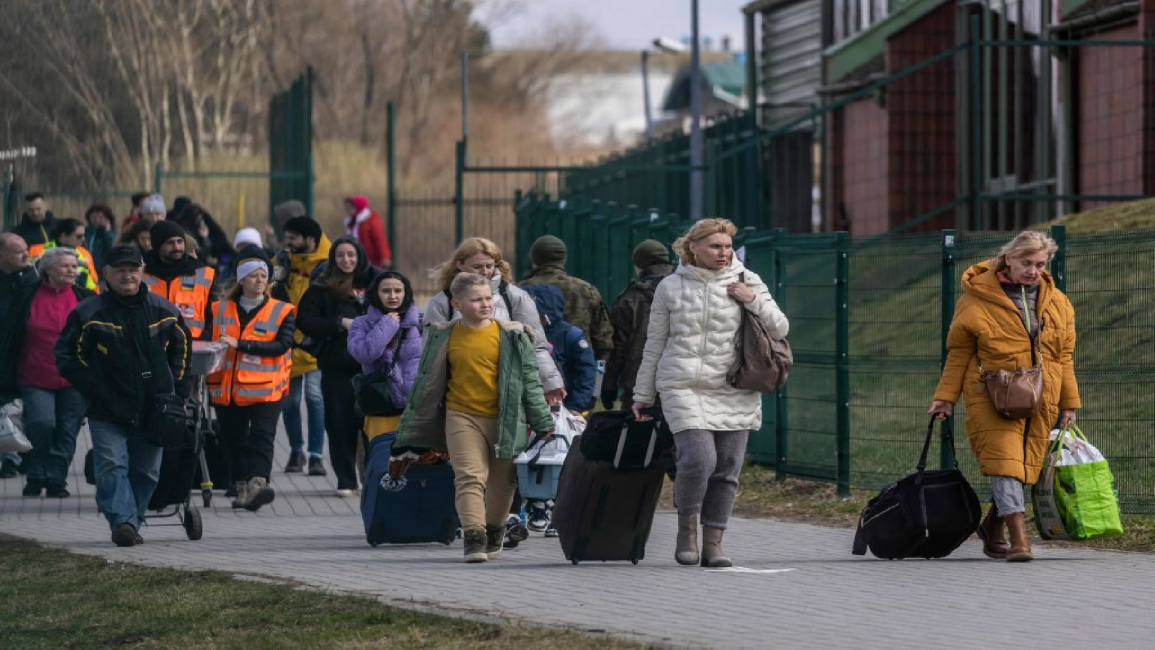
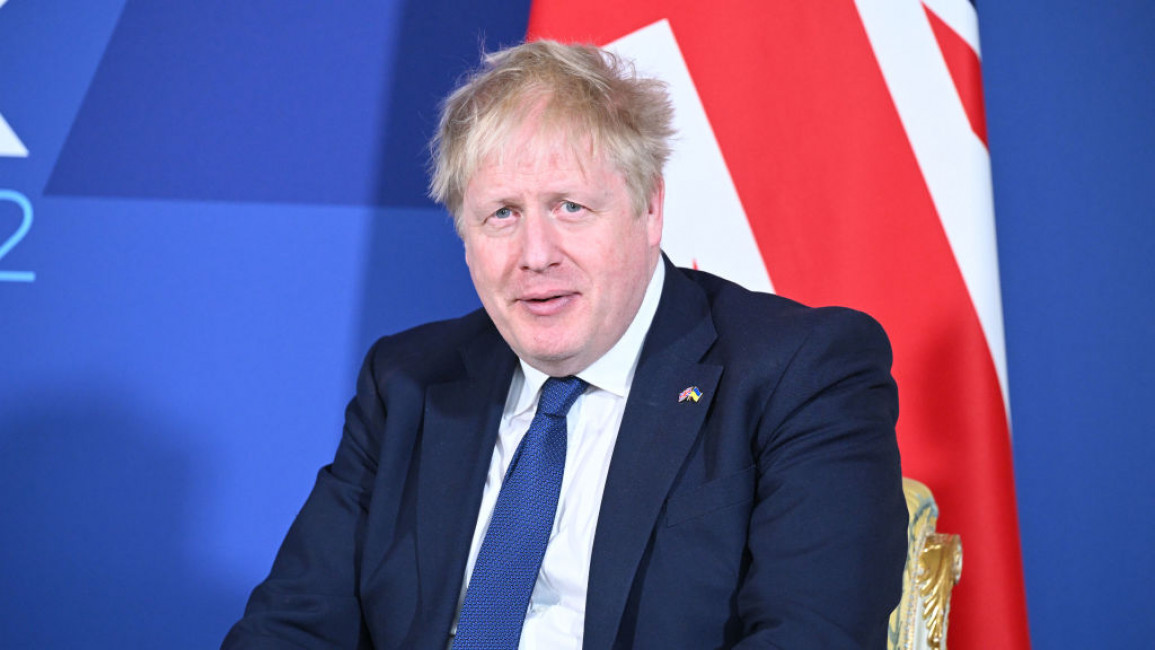
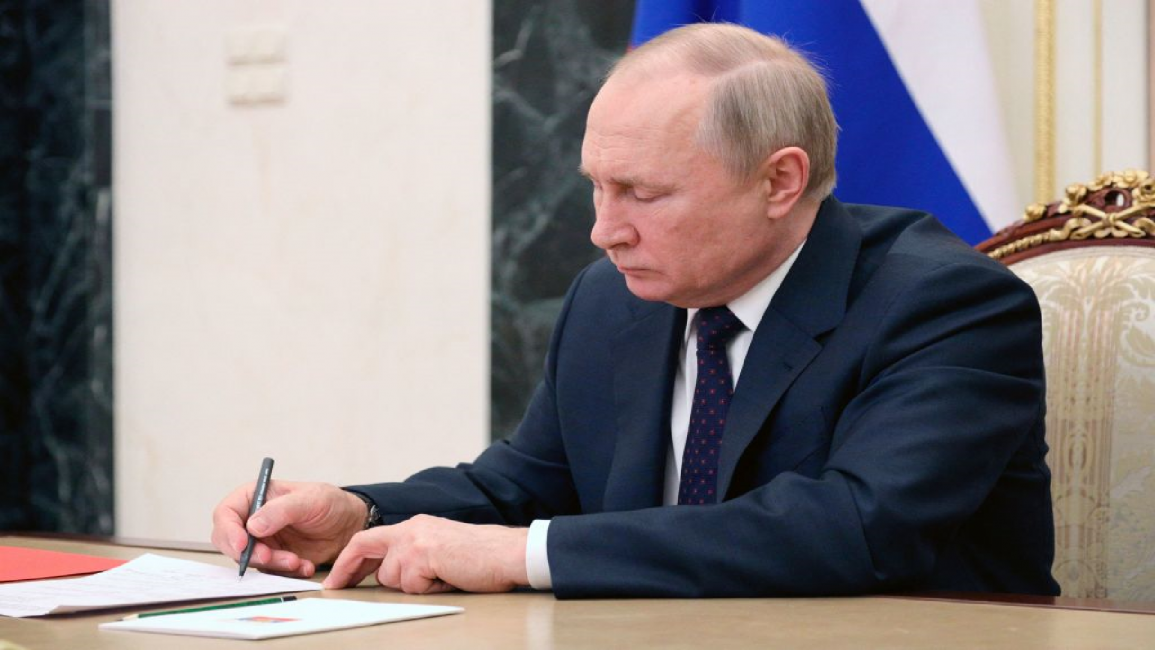
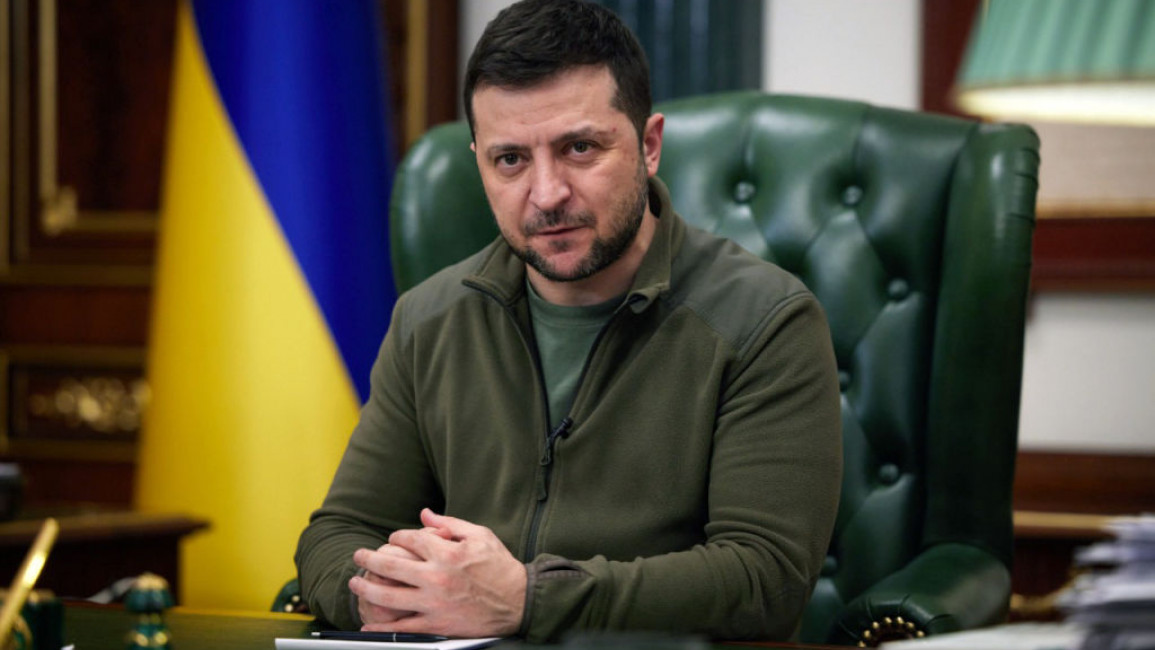
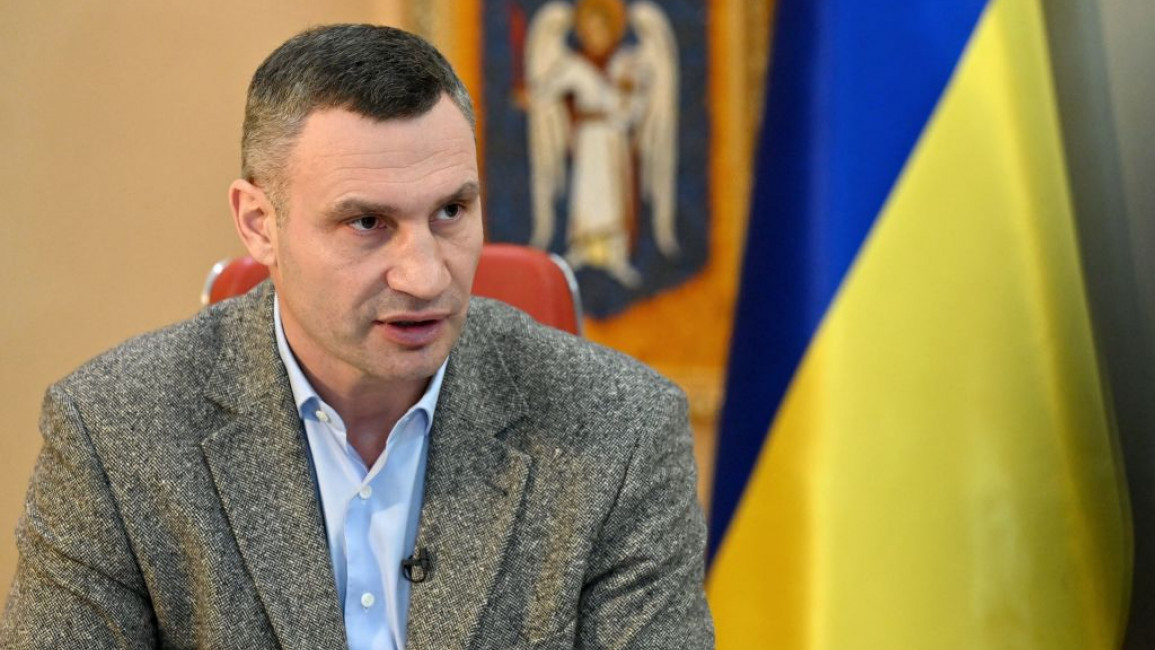

![President Pezeshkian has denounced Israel's attacks on Lebanon [Getty]](/sites/default/files/styles/image_684x385/public/2173482924.jpeg?h=a5f2f23a&itok=q3evVtko)



 Follow the Middle East's top stories in English at The New Arab on Google News
Follow the Middle East's top stories in English at The New Arab on Google News


